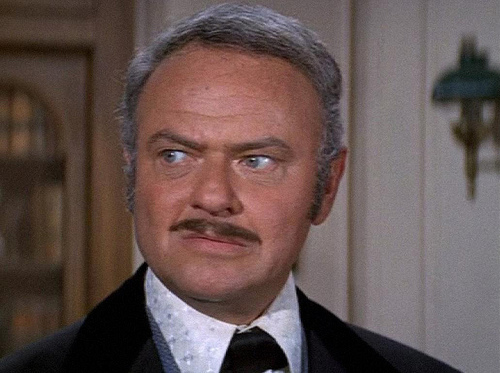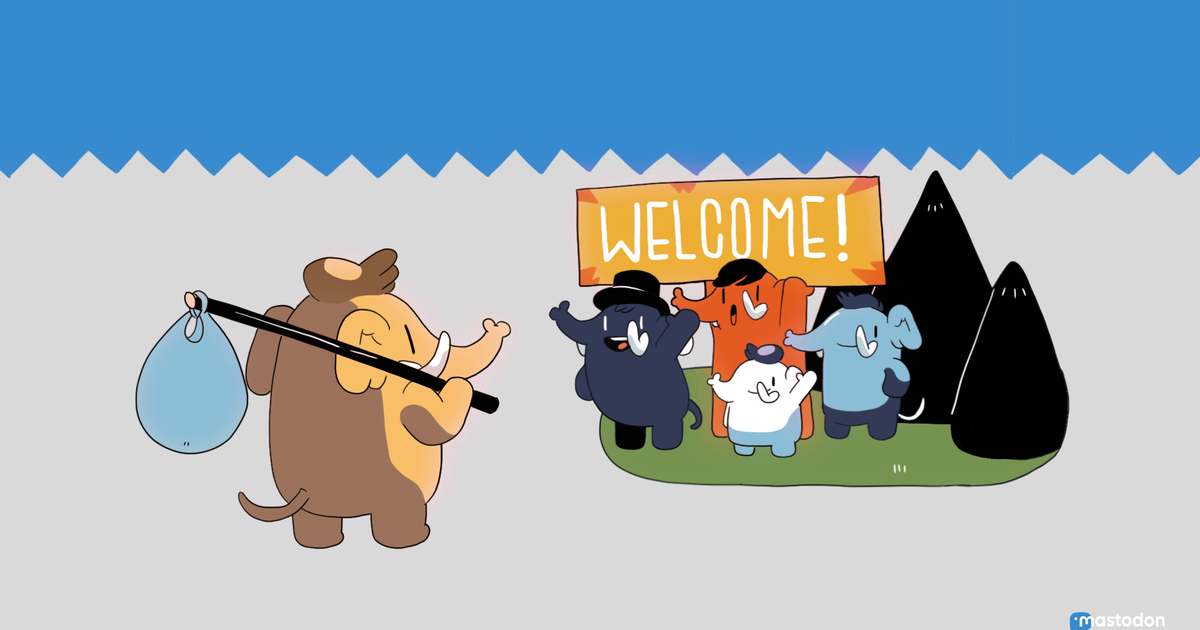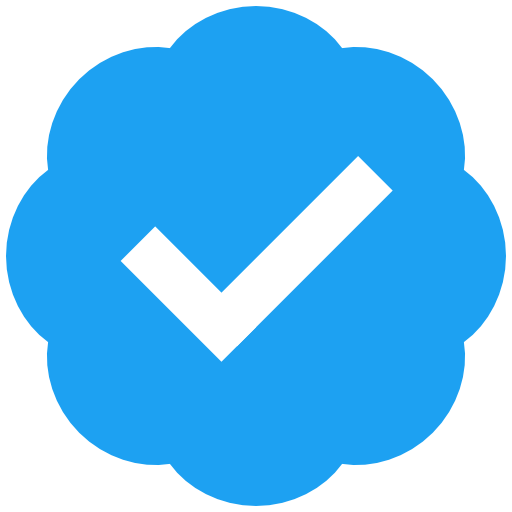It's Women's History Month! All March, we're highlighting women who've taken valuable steps for technology, privacy, security, and free expression for us all. We encourage you to learn more, get inspired by their accomplishments, and tell us about women in tech that you admire.
Each a formidable researcher in her own right, Joy Buolamwini, Dr. Timnit Gebru, and Deborah Raji chose to accept 2020 EFF Awards together for exposing racial bias in AI. Their display of solidarity reminds you that ultimately we support each other to achieve important things. #womenshistorymonth
Runa Sandvik is a digital privacy and security expert whose work focuses on journalists, human rights defenders, and other high-risk people. She has shared and further built her expertise at The New York Times, Freedom of the Press Foundation, and The Tor Project. #womenshistorymonth
The DIY tech and maker movement owes a debt to engineer Limor "Ladyada" Fried, the founder of Adafruit Industries. She has helped ordinary people get hands-on with high tech tools, equipment, and electronics for 20 years. #womenshistorymonth
Veteran security pro Window Snyder is CEO of Thistle Technologies, and was CSO at Square, Fastly, and Mozilla. She also had a major hand in security at Microsoft and Apple. Window defies many people's archetype of a hacker, yet still embodies all the skill, ambition, and ethos. #womenshistorymonth
Kazakhstani computer programmer Alexandra Asanovna Elbakyan founded Sci-Hub to provide free and unrestricted access to all scientific knowledge under the principle that access to information and knowledge is a human right. #womenshistorymonth
danah boyd is a preeminent scholar whose evidence-driven approach has changed the way people think about our complex and nuanced relationship to technology. Her research as founder of Data & Society and beyond grounds debates on how tech affects adults and young people. #womenshistorymonth
Net neutrality pioneer Gigi Sohn has long been a vocal advocate for the public interest in communications. Whether at the FCC, Georgetown Law Institute for Technology Law & Policy, or as co-founder of Public Knowledge, Gigi has put technology users first. #womenshistorymonth
Kate Bertash works at the intersection of tech, privacy, art, and organizing. Whether at Digital Defense Fund providing tech security resources for the abortion rights movement, or Adversarial Fashion creating surveillance-defying apparel, Kate's working toward freedom online. #womenshistorymonth
Meredith Whittaker brings e2e encrypted messaging to the masses as head of the Signal Foundation. A leader in digital rights, she was the woman behind AI Now at NYU, M-Lab, and Google Open Research (where she was an organizer of the infamous Google walkouts). #womenshistorymonth
The Red Queen herself, Tarah Wheeler has made great strides in information security as a renowned industry executive, social scientist in the area of international conflict, author, and poker player. #womenshistorymonth
Pam Samuelson, Co-Director of the Berkeley Center for Law and Technology, is changing our understanding of digital copyright law, intellectual property, and information policy. Her work explores the challenges of information technologies for traditional legal regimes. #womenshistorymonth
Digital artist Dr. Nettrice R. Gaskins is helping people understand the connections between remix culture, art, and tech. She's an advocate of STEAM (science, technology, engineering, arts, and math) fields whose work explores "techno-vernacular creativity" and Afrofuturism. #womenshistorymonth
Lillian Schwartz was a pioneer in blending art and modern technology. Known for her pieces in collaboration with Bell Labs and a diverse body of work, she was referred to as a pixelist, a morpho dynamicist, and a technological fruit picker. #womenshistorymonth
Your ability to explore the world freely and privately has never been more important. Isabela Bagueros defends for your rights to privacy, free speech, and anonymity as Executive Director of the Tor Project and as a longtime advocate for the open source community. #womenshistorymonth
Barbara Simons, computer scientist & former president of the Association for Computing Machinery, has been on a mission to ensure election security in our systems for over 20 years. It's never been more important for us to know that our votes are secure, verifiable, & counted. #womenshistorymonth
Chelsea E. Manning is a network security expert, whistleblower, and former U.S. Army intelligence analyst whose disclosure of classified Iraq war documents exposed human rights abuses and corruption the government kept hidden from the public. #womenshistorymonth
Iconic computer scientist, mathematician & U.S. Navy rear admiral Grace Hopper worked on the first all-electronic digital computer, created the first implemented compiler (coining the term), and developed COBOL demonstrating that a programming language could use English words. #womenshistorymonth
Technology is supposed to make the world more accessible, not reinforce inequities. Liz Henry's advocacy for people with disabilities & the open source software and hardware ecosystem show how important it is for you to have the power to adapt tech to your own needs. #womenshistorymonth
Dr. Lorrie Cranor's work at universities, the FTC, and more runs the digital rights gamut, but she has a special focus on usable privacy and security. Our advanced tech can be powerful and democratizing tools for all people, but only if they're also accessible and safe. #womenshistorymonth
Since the 1980s, Freada Klein has had eyes on race, gender, and sexual harassment in tech spaces. Her work has supported the movement for greater inclusion in STEM, and shows how a diverse workforce can also be a stronger one. #womenshistorymonth
She co-invented spread spectrum broadcast technologies that were precursors to modern wireless communications. But she might be better known as Hollywood legend Hedy Lamarr. #womenshistorymonth
The digital rights movement continues blooming in Latin America thanks to leaders like Caroline Botero. A researcher, lecturer, and writer, she spent more than a decade defending freedom on the web as executive director of the Colombia-based Karisma Foundation. #womenshistorymonth
Anita Borg is acclaimed for many technical achievements as a computer scientist, but she's also remembered for her vocal advocacy and network-building for women's representation in tech. Anita even founded the Institute for Women and Technology—which today bears her name. #womenshistorymonth
The work that Danielle Blunt & Hacking//Hustling has done shows how protecting vulnerable communities from censorship and surveillance protects us all. #womenshistorymonth
No list of women is technology is complete without Ada Lovelace. She was believed to have written the first algorithm read by a machine, making her one of the first computer programmers. The world celebrates her each year on the second Tuesday in October. #womenshistorymonth
Gaming can be for everybody. Women have long played important roles in gamer communities and behind the scenes. Carol Shaw was among the first female game designers at Atari in the 70s and 80s and she's best known for creating River Raid at Activision in 1982. #womenshistorymonth
Attorney and activist Reshma Saujani founded Girls Who Code in 2010 to help increase diversity in tech, empowering women to get into computer science. #womenshistorymonth
Ida Rhodes immigrated to the U.S. from a Jewish village in Ukraine in 1913, rose to prominence in mathematics as an adult, went on to co-design the C-10 language for the Univac I computer, and designed the original program used by the U.S. Social Security Administration. #womenshistorymonth
It would be appreciated if you could provide links to the achievements of the respective women.
This would simplify all our lives, spread the message further, and reduce the amount of energy spent on search engines.
thx in advance
@eff Digital artist Julia Evans (@b0rk) makes programming more accessible via her wonderful zines. While programming is “accessible” in the sense that self-teaching materials are always available, it’s often culturally inaccessible in the way that people scoff at the idea that one could struggle with its difficult concepts. Julia’s zines bring much-needed acknowledgement of that difficulty to our culture.
@eff This is incomplete and misleading
@eff One day last year, I got into a bus accident that had me screaming in pain. Liz Henry saved me, and I didn't realize until after it was over who she is. She's been my hero ever since. Please tell her for me, if she remembers the incident, how much I appreciate her.
@eff as opposed to https://villains.fandom.com/wiki/Hedley_Lamarr

@eff and it's all about finding the bugs!!
@eff It's all about finding the bugs ;)
Congratulations, @Tarah


